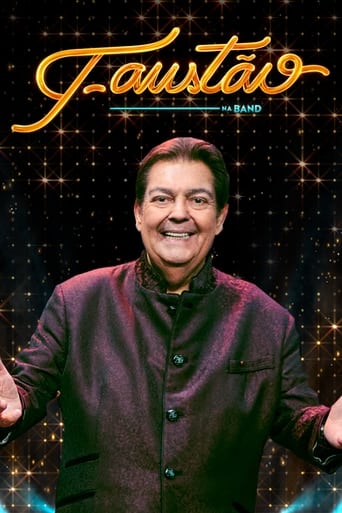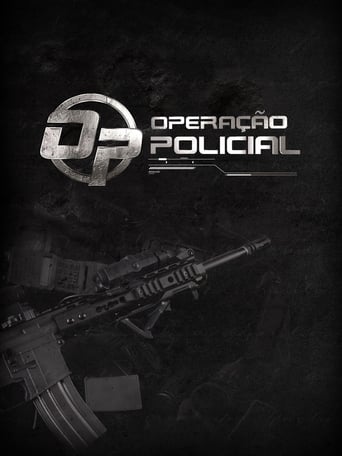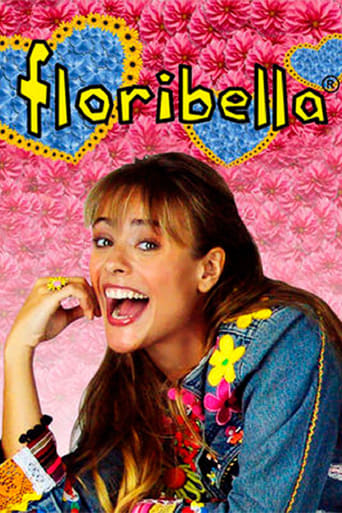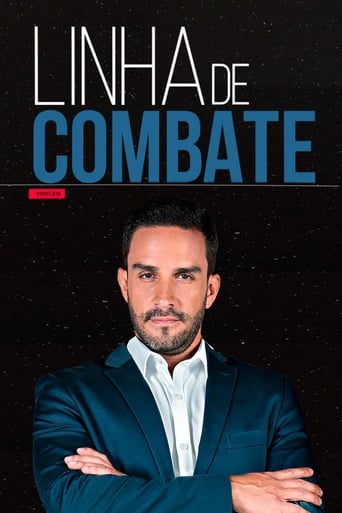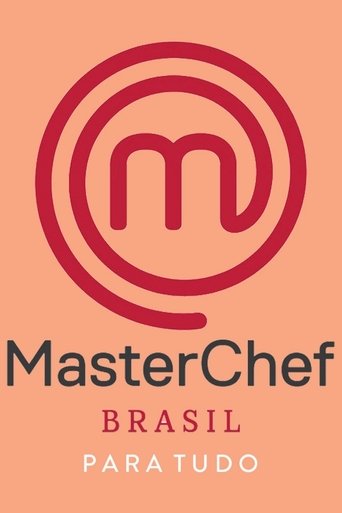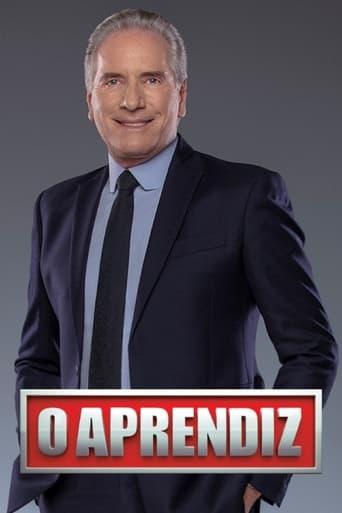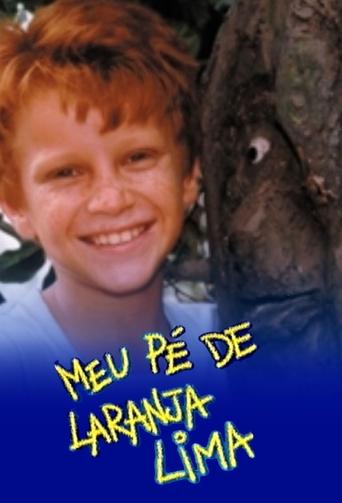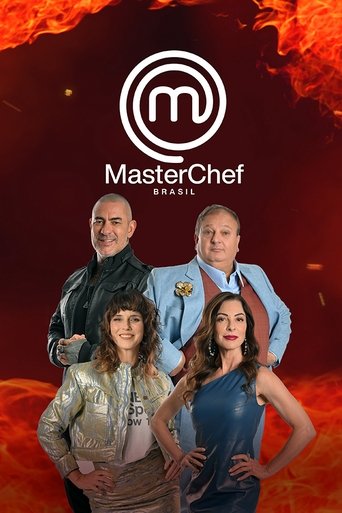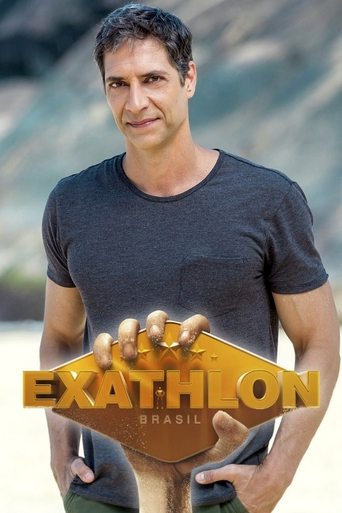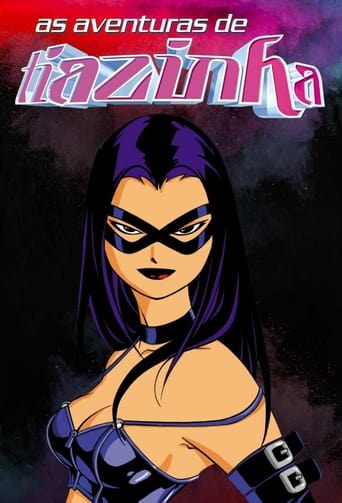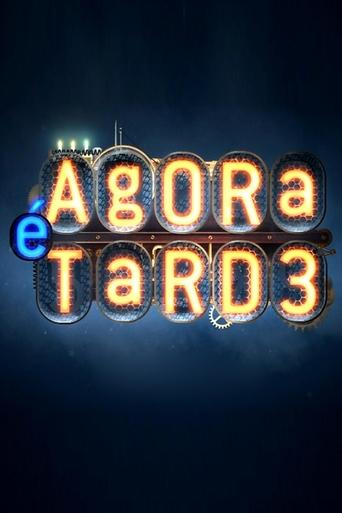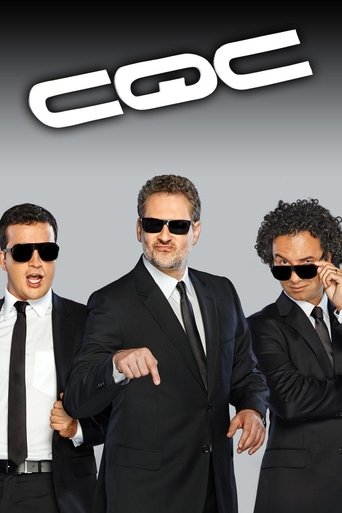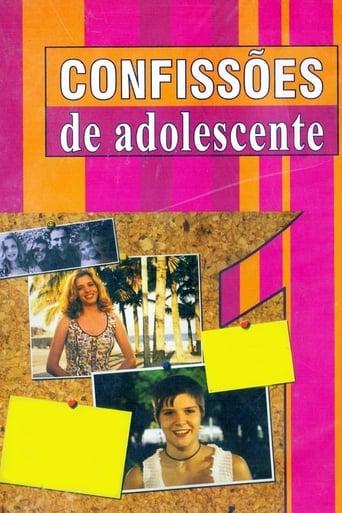Band
Operação Policial 2012
Floribella 2005
Linha de Combate 2021
Haru and Natsu 2005
As Haru emigrates from Japan with her family to the coffee plantations in Brazil, Natsu is left behind in the care of spiteful relatives. Losing all contact, each must make her own way in an unforgiving world. Hardships abound in the struggle to survive in war-torn Japan and in the face of anti-Japanese sentiment in Brazil, financial ruin, familial pressure, abandonment and lost love. However they also experience the precious joy of survival and success. Now, after 70 years, Haru comes back to Japan to find her estranged sister.
O Aprendiz 2004
MasterChef Brasil 2014
Brazilian version of the competitive cooking reality show where amateur and home chefs compete for the title of MasterChef.
Colônia Cecília 1989
X Factor Brasil 2016
Exathlon Brasil 2017
Beyond, Far Beyond the Beyond 1967
First Brazilian TV Horror Show hosted by Coffin Joe. Directed by José Mojica Marins and written by Mojica and Rúbens Francisco Lucchetti, this TV show was produced by TV Bandeirantes (1967-68), using a realistic tone and a popular appeal. Despite the negative reviews this TV show has a great audience, reaching first place often.
Agora É Tarde 2011
Agora é Tarde is a Brazilian late-night talk show produced by Eyeworks and broadcast by Rede Bandeirantes since 2011. The show is hosted by Danilo Gentili and is the second most successful show by Bandeirantes.
MasterChef: Professionals (BR) 2016
Professional chefs do their best to please the demanding palates of three of Brazil's greatest chefs in a delicious dispute for the grand prize.
CQC - Custe o Que Custar 2008
Custe o Que Custar is a Brazilian television comedy show, produced by Eyeworks and aired weekly by Rede Bandeirantes since March 17, 2008. It is presented by Marcelo Tas, and has in its team Marco Luque and Oscar Filho. The news reports are conducted by Felipe Andreoli, Monica Iozzi, Mauricio Meirelles, Ronald Rios and Dani Calabresa. The program covers weekly events from Politics, Arts and Sports, from a humorous and satirical viewpoint. It oftens uses metalanguage by satyrizing the very program on live transmissions, and introducing graphics and sound effects from the subjects. The format comes from Argentina, when it was originated under the name Caiga Quien Caiga, created in 1995 by Mario Pergolini
